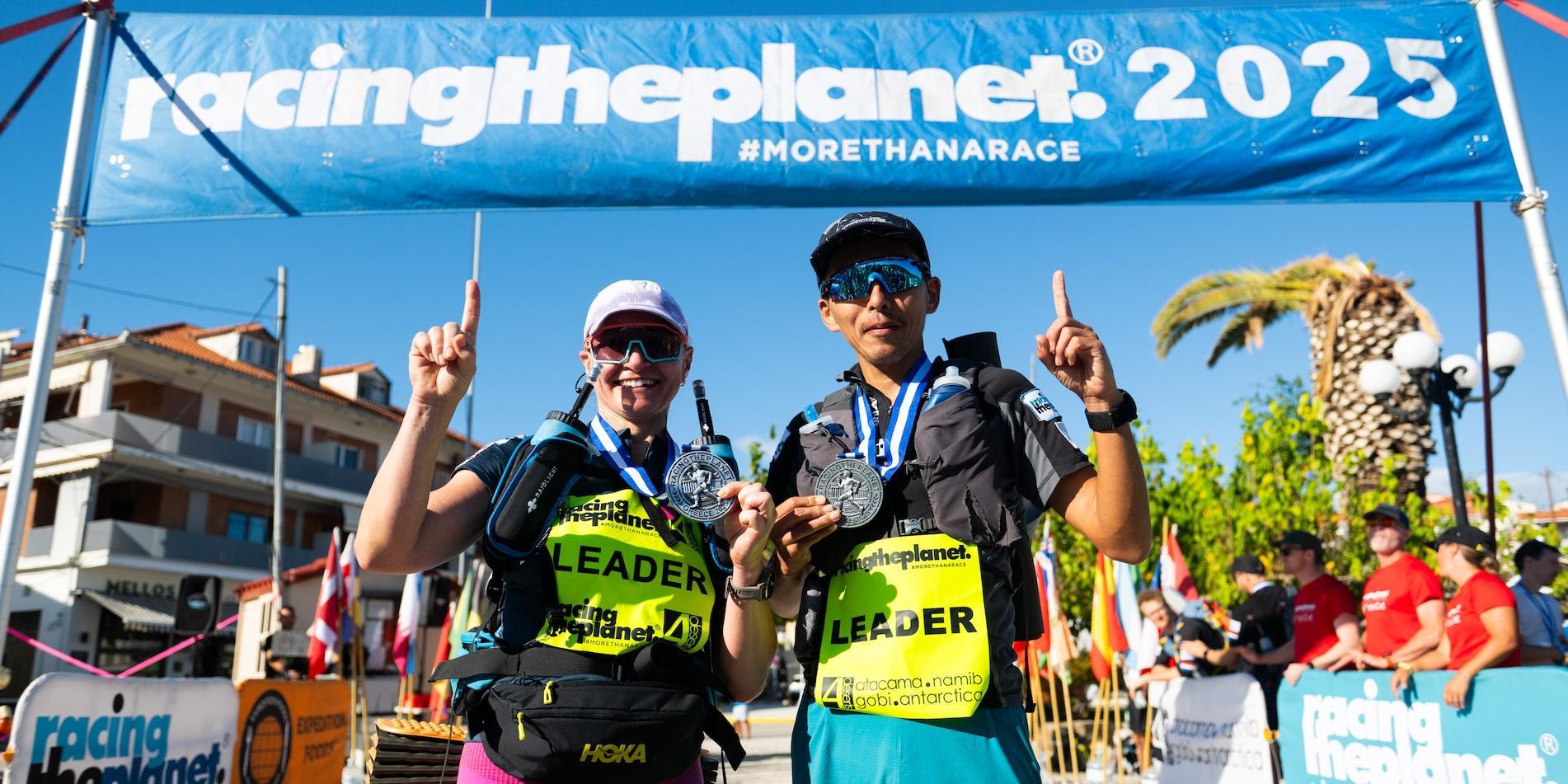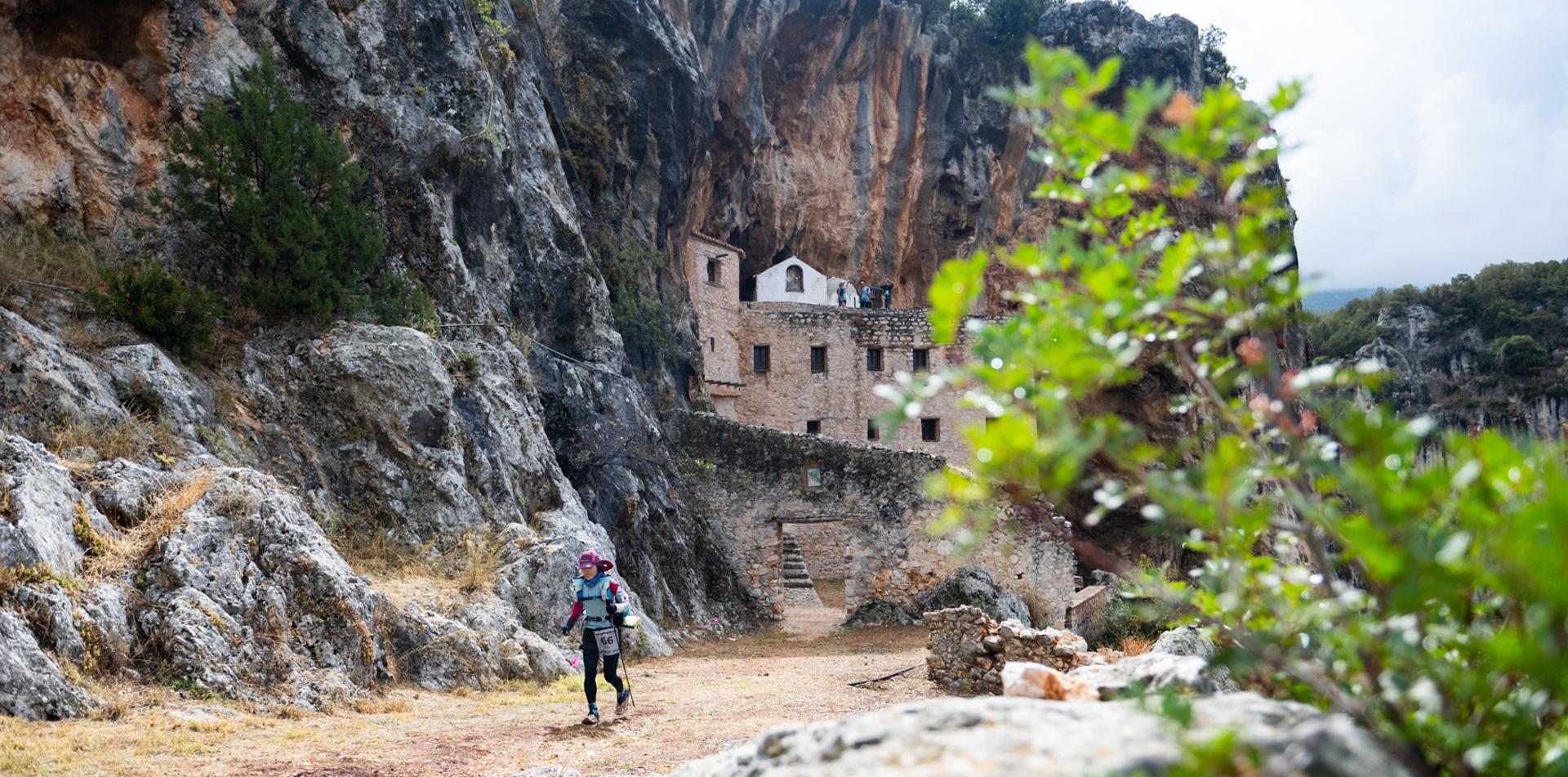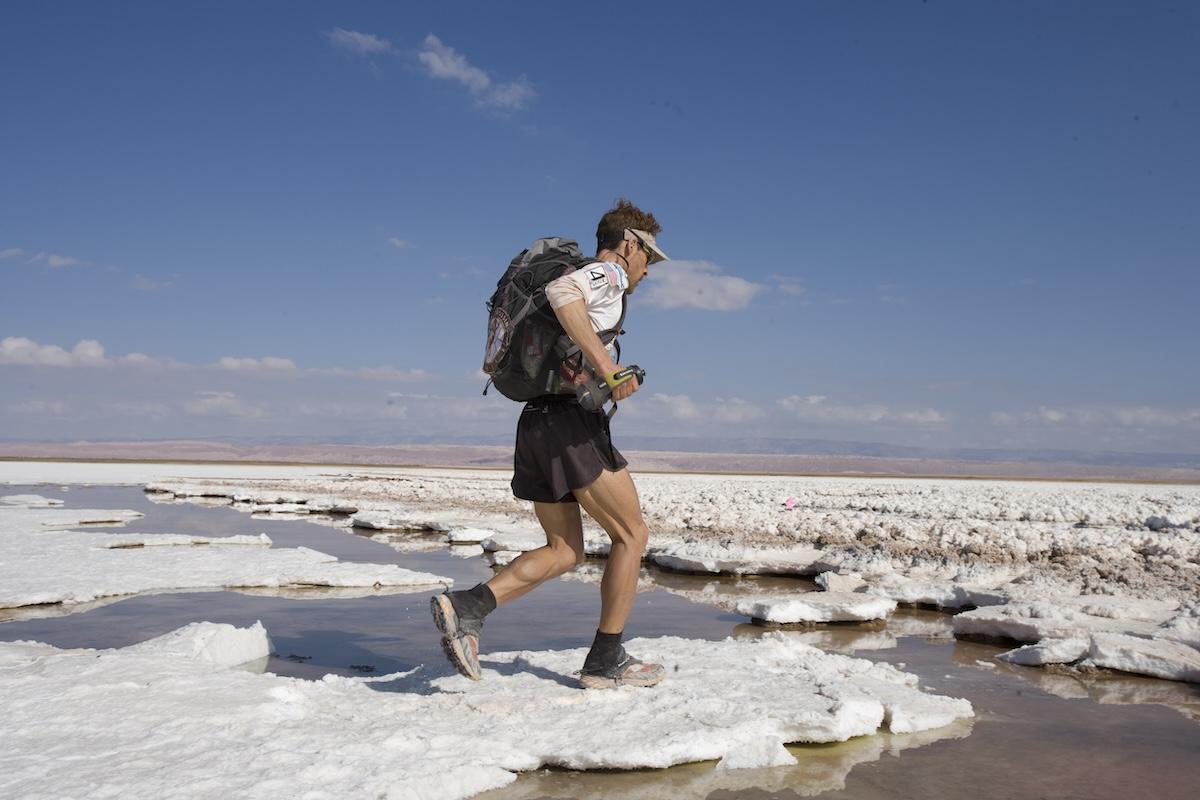Race Coverage

RACE Coverage
The History of Running in Greece
The history of running in Greece is deeply intertwined with the origins of the Olympic Games and the cultural significance of athletic competition in ancient Greek society.
The first recorded Olympic Games took place in 776 BCE in Olympia, Greece. The only event at these early Games was a footrace known as the stadion, which was approximately 192 meters long. This race was so significant that the Olympiad (the four-year period between Games) was often named after the victor of the stadion race.
Over time, the Olympic Games expanded to include various types of running events:
- Diaulos: A double-stadion race, roughly 384 meters.
- Dolichos: A long-distance race that could range from 7 to 24 stades (1,344 to 4,608 meters).
- Hoplite Race: A race where athletes ran in full armor, showcasing their strength and endurance.
The ancient Greeks placed great emphasis on physical fitness and training. Athletes trained rigorously, often under the guidance of specialized trainers. Philosophers like Plato advocated for holistic training that developed both strength and speed. Music and diet were also considered important aspects of an athlete’s training regimen.
Running was not just a sport but a vital part of Greek culture. It was celebrated in various festivals and was a way for individuals to gain honour and recognition. Successful athletes could achieve significant wealth and status.
There were also professional runners known as hēmerodromoi, who served as messengers. These runners were crucial during battles, carrying vital information across rugged terrains.
Running in ancient Greece was more than a physical activity; it was a reflection of the society’s values and a testament to their advanced understanding of sports science and philosophy. Today, trail running and ultramarathons have entered the Greek landscape and even Dean Karnazes, the first in the world to complete the 4 Deserts Grand Slam, has relocated to Greece to further pursue his ultramarathon passion.







 Newsletter
Newsletter
 Online Store
Online Store
 Login
Login





